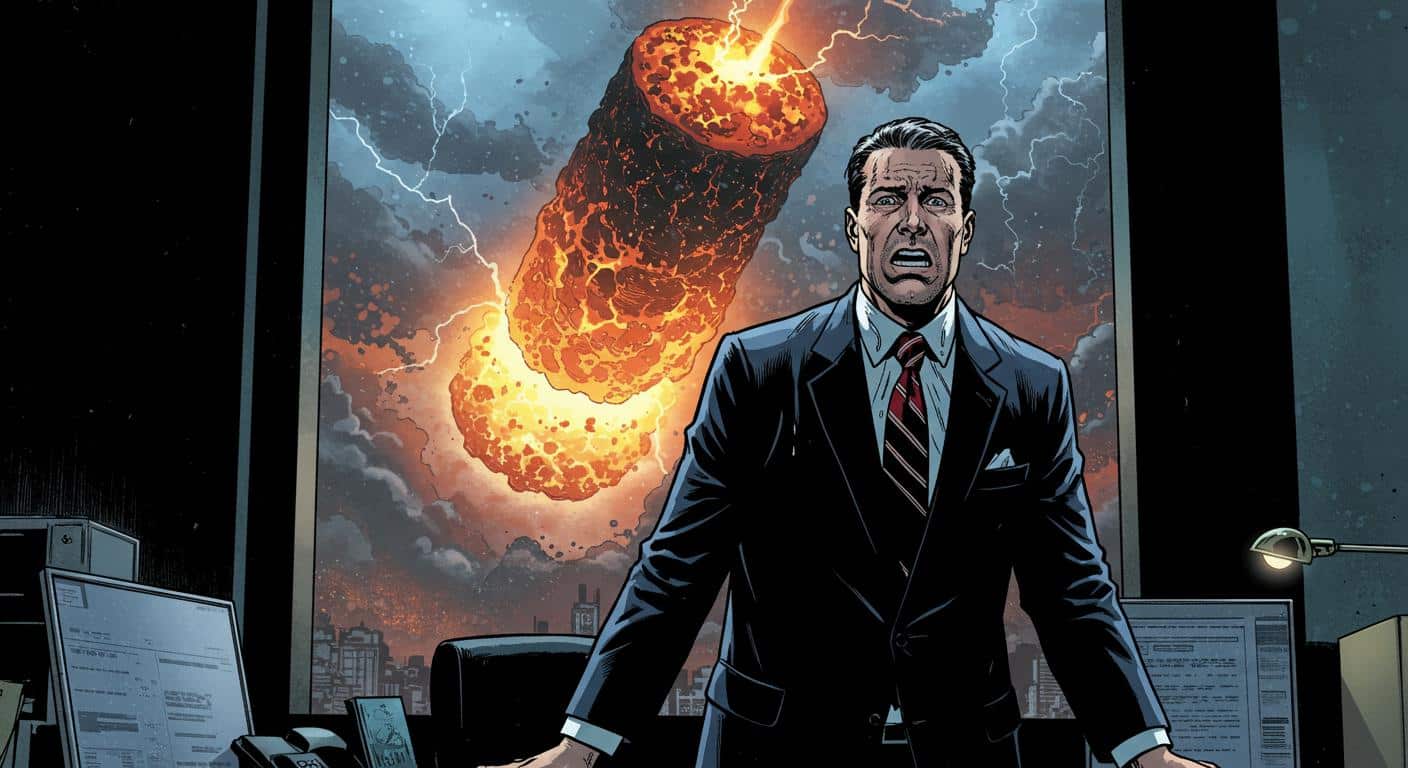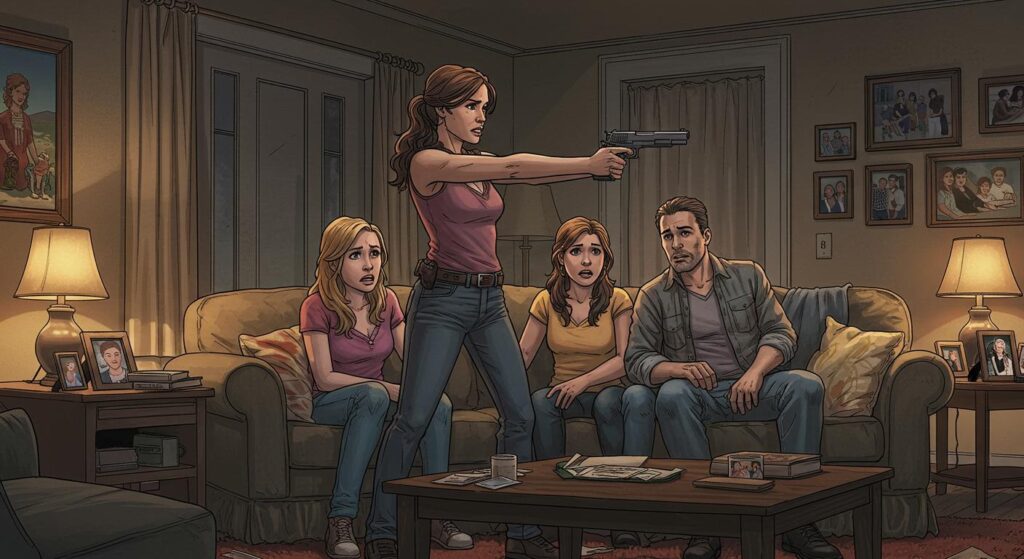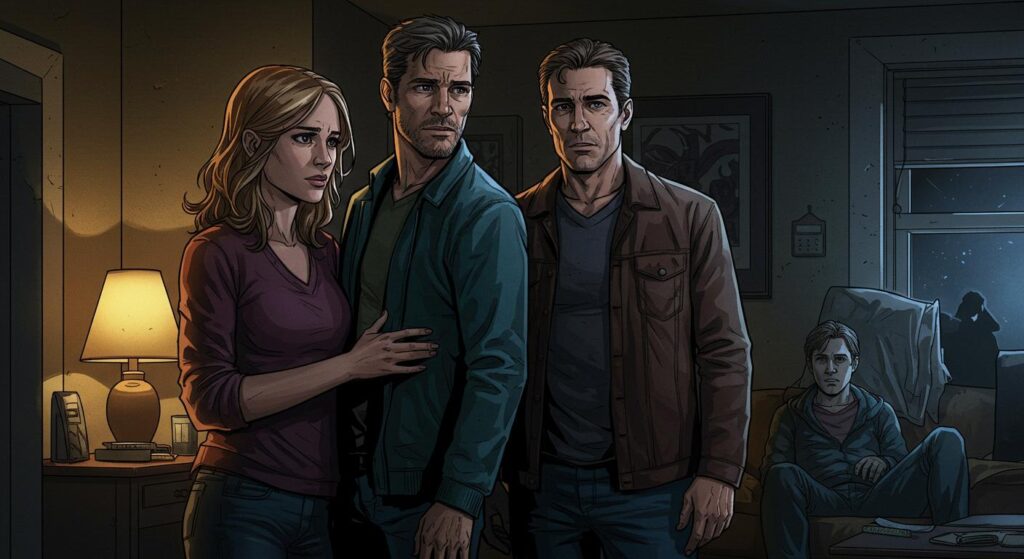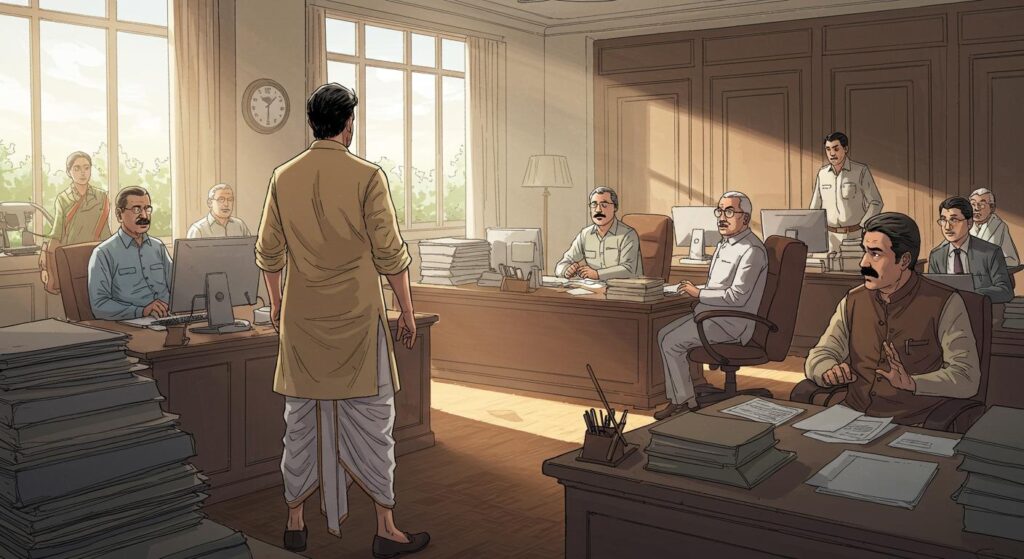Sometimes, professional flameouts take on a flavor so odd that even the best-read archivist has to double-check the source. The saga of Judd Stone, former Solicitor General of Texas, offers exactly that—voluntarily departing public office because of a workplace fantasy that catapults both decorum and cosmic objects to absurd new heights. According to 404 Media’s thorough documentation, Stone left his post in 2023 after admitting to highly disturbing and unusually science-fictional harassment.
When Legal Stars Go Supernova
Internal records referenced in the outlet detail the drama: Stone, while on the payroll at the Texas attorney general’s office, described—multiple times, and in graphic detail—a fantasy about a colleague being “violently anally raped by a cylindrical asteroid in front of [his] wife and children.” The specificity of the celestial implement might be a first in legal HR annals. According to a letter from Brent Webster, first assistant attorney general, this was not a closed-door confession but something Stone shared repeatedly, sometimes to groups that included state and federal officials. Apparently, if there were badges awarded for Most Unexpected Harassment Imagery, the bar has been moved into orbit.
Webster’s written account, cited in the lawsuit, goes on to reveal that two female employees, the deputy first assistant attorney general, and others discussed Stone’s harassment concerns at several meetings in October 2023. These conversations unearthed stories from one woman who, through tears, described Stone’s ongoing sexual comments, including the asteroid narrative directed at Webster. Webster further recounted that when the employee attempted to leave the discussion out of discomfort, she was mocked for her reaction, with some at the table joking that she “couldn’t handle people talking about dicks.” The harassment, the filing alleges, was far from an isolated gaffe.
HR Policies From the Outer Solar System
Faced with these credible and severe allegations, the attorney general’s office determined action was unavoidable. As described in Webster’s correspondence—summarized in 404 Media—Stone was confronted, admitted the details outright, and after being given a choice, resigned rather than face termination. The documentation leaves little room for ambiguity: “No further investigation into the allegations was necessary given that Judd had admitted to the conduct at issue,” Webster asserted.
The aftermath snowballed from workplace impropriety into a broader legal dispute. In a passage highlighted by the outlet, Webster voiced grave personal concern for his family, pointing to what he termed Stone’s “pedophilic desire” to have his children witness the described violence, and labeling Stone a “deeply unhinged obsessive human being who is one missed [redacted] or bad day away from murder.” The language is striking, underscoring not just the shock, but genuine fear.
As part of a lawsuit against Stone and the private law firm he later formed, the allegations continue: his former assistant claims that upon being hired, Stone warned that “in this firm, there are no rules. You can say whatever slurs you want.” The lawsuit accuses Stone’s firm not only of ongoing harassment, but also of wage theft and fostering a workplace culture best described as utterly unmoored from conventional standards.
What Even Is This?
While there’s plenty of room for wry observation at the intersection of professionalism and science fiction, it’s hard not to sit back and marvel. In a legal universe that usually frowns on hyperbole, the Texas attorney general’s HR crisis decided to follow the Star Trek model—boldly going where no misconduct complaint has gone before. Webster’s depiction of a colleague “violently anally raped by a cylindrical asteroid” is so specific and so misplaced that history may one day cite it as state government’s strangest defense for mandatory HR training.
Yet for all its outlandish particulars, the distress for those involved is all too real. The behavior described is not just a lapse in judgment, but a pattern that left multiple employees, by their own accounts, feeling threatened and demeaned. One wonders what the organizational guidelines might look like if real workplace complaints like this were used as case studies—would they simply have a diagram of an asteroid with a big red X?
But this is less about space rocks than about accountability—something, evidently, Texas’s former solicitor general was compelled to face with less resistance than one might expect. Do stories this offbeat mark a new chapter in public office scandals, or simply show that when it comes to workplace misconduct, truth is persistently stranger than fiction?
One thing is certain: for everyone with a front-row seat to this cosmic cautionary tale, future staff meetings will never look at meteor showers quite the same way again.







